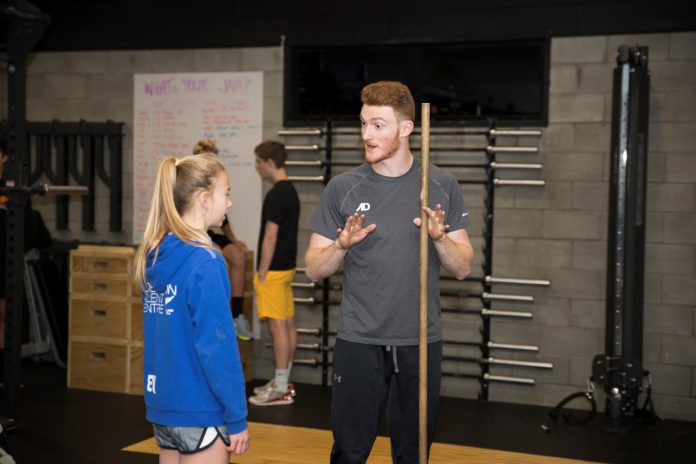Think back to when you were a kid.
What did sport mean to you?
A local primary school recently asked their students why they play sport. Here’s what they said:
“Because it’s fun.”
“I love hanging out with my friends.”
“I like working as a team and improving from before.”
Their answers describe the emotionally rewarding side of sport. A side that is very important for us not to forget.
Here’s why.
Our brains run on a system of ‘threat vs. reward’, and they respond to situations in one or other of those modes.
Things that you perceive as threats are disengaging. When experiencing them, your natural instinct is to remove the threat as fast as possible, by running away, or eliminating it. It’s an automatic response, and it’s pervasive.
This dates back to our caveman days when, for example, a lion jumped out of the bush at you, had no choice but to stay and win the fight, or turn and win the race. It’s the fight or flight response. I’m sure you’ve heard of it before.
Here are some things that might be perceived as threats in sport:
- A demanding parent
- Unconstructive negative feedback
- A dictating coach
- Pressure to win
- Making a mistake
When threat mode is activated, it fills crucial brain processing space otherwise used for high-level thinking stuff vital to performing at your best – like being creative, making good decisions, and learning. It also triggers survival emotions like fear. And anger.
On the other hand, physical and emotional experiences like having ‘fun’, getting better at stuff, and hanging out with friends, engage your reward system. The young athletes from the primary school were reflecting on reward state experiences. Those that make you feel good, motivate you to do more, and, crucially, enable the brain space that lets you give your best.
The result? A much more positive frame of mind, and a brain that is set up to learn faster and perform better.
What’s something you can do to give your athletes a more rewarding experience?





































